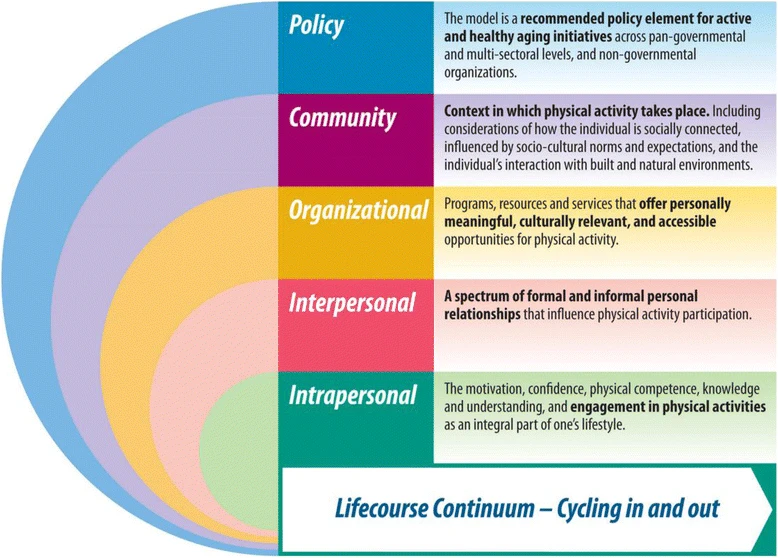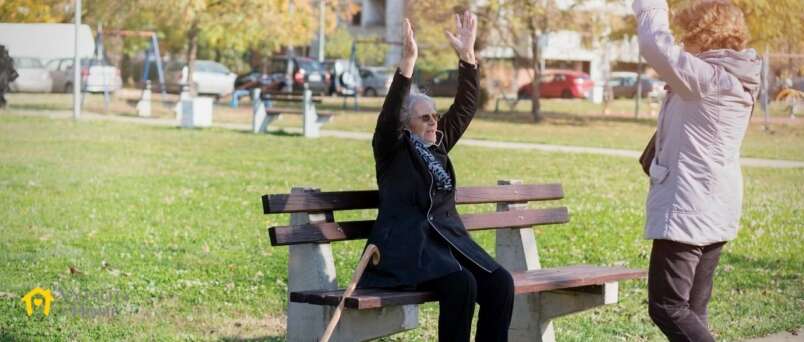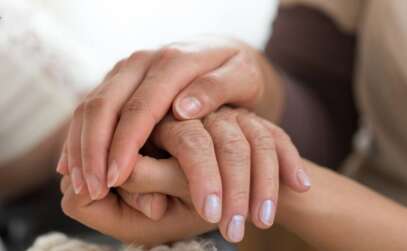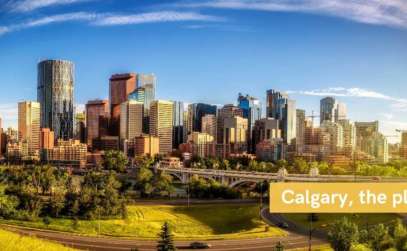Cognitive stimulation, physical literacy and regular home care
At Vytality at Home, our home care visits are designed to include more than just personal care or companionship. We place a strong emphasis on cognitive stimulation, and assisting with physical literacy.
Why cognitive stimulation?
You may already be familiar with cognitive stimulation exercises. These are essentially enjoyable activities that stimulate your mind, get you thinking and gives your memory a bit of a workout! Our home caregivers integrate cognitive stimulation into their visits, simply because people enjoy it!
After all, it’s some fun stuff we all like to do.
“Activities may include discussion of past and present events and topics of interest, word games, puzzles, music and practical activities.”
Cognitive Stimulation Therapy (CST) can be used to slow the decline of memory and thinking skills. Most of the evidence for the effectiveness of cognitive stimulation therapy comes from research into dementia patients. It shows that word or number puzzles increases performance in memory, thinking, reasoning, attention, organising, and planning.
Overall, research showed that it’s taking part in an activity that engages your brain on a regular basis that is most important. By integrating cognitive stimulation into our regular home care visits, we can help you or your loved one retain your mental capabilities, as well as enjoying the benefits of companionship and social interaction.
Why physical literacy?
This term may be less familiar to you. As the International Physical Literacy Association (IPLA) website says:
“Physical literacy can be described as the motivation, confidence, physical competence, knowledge and understanding to value and take responsibility for engagement in physical activities for life.”
It’s a fairly new idea, first put forward in 1993, and with its roots in sports science. However, it applies to any of us who want to be physically active for as long as possible, which needless to say includes us seniors!
Unlike cognitive stimulation therapy, it’s not a series of exercises, but more an attitude and mindset. Physical literacy addresses the key issues many of us have with keeping active at any stage of our life but especially in later life. These include:
- Motivation: it takes effort to get out and be active, especially in winter!
- Confidence: do we feel confident in doing certain activities, especially as we age and our flexibility and mobility declines?
- Physical competence: we simply may not able to do what we did when we were younger, either as a natural consequence of aging, or through chronic health conditions such as arthritis
- Knowledge and understanding: do we know what we can do to help ourselves to stay active? What are the options?
The crux of the matter is, how highly do we value physical activity in our daily routine or lifestyle choices? If we value physical activity, we are far more likely to do it.
Physical literacy in older adults
There has been lots of research into physical literacy amongst young people and adults, but very little into those aged 65 and over. In this research, Canada is leading the way. A multi-disciplinary collaborative working group drawn from across the country aimed to address this and develop a model for physical literacy (PL) for the 65+ age group.
They started from a rather startling statistic – only 12% of those aged 60-79 years reached the levels recommended to maintain health in national physical activity (PA) guidelines.
The working group concluded that what was required was:
“An ecological approach to integrate PL into the lifestyles of most older adults. Understanding the interactions between components and elements that facilitate PL will ultimately provide a new and effective tool to target PA promotion and adherence for all older Canadians.”
Not just running and jumping
One stream of research suggested that a strategy for older adults should move away from sports-based activities as:
“Within an inactive older adult population, the primary interest may not be kicking or throwing skills, but rather the re-training of functional skills that will assist in maintaining physical independence and preventing frailty.”
A new physical literacy model for seniors
The team created a new model with five key elements:
- policy
- community
- organizational
- interpersonal
- Intrapersonal

A balanced approach
The group saw a strong connection between confidence and the capability of older adults to be physically active.
“Previous adverse events and perceived risks associated with PA participation may also impact confidence. As such, fear of falling or fear of exacerbating health conditions during physical activities are barriers that can be mitigated, for example, through improving balance confidence.”
This in turn is linked to health conditions affective physical activity:
“Mobility troubles, fear of falling, and health conditions are reported barriers to PA participation among Canadian older adults. … Appropriate exercise training can minimize declines and maximize physical competence.“
Living at home and health
At Vytality at Home, we read a lot of research papers to keep us up to date with cutting edge ideas and practices. This report on physical literacy really struck a chord with us because it acknowledged that many seniors are living with chronic health conditions on a daily basis. Our home care services can help with both the practical and the psychological approach, as the report suggests:
“Physical activity and social engagement often associated with functional resilience are considered fundamental in coping with chronic disease and multi-morbidity, which are common in older age groups.”
There’s lots more in the study that healthcare professional will find interesting – you can see the original paper at BMC Geriatrics.
Need to discuss home care for yourself or a loved one?
We are here to help. Contact us for a free initial consultation to discuss your situation, needs and requirements.




